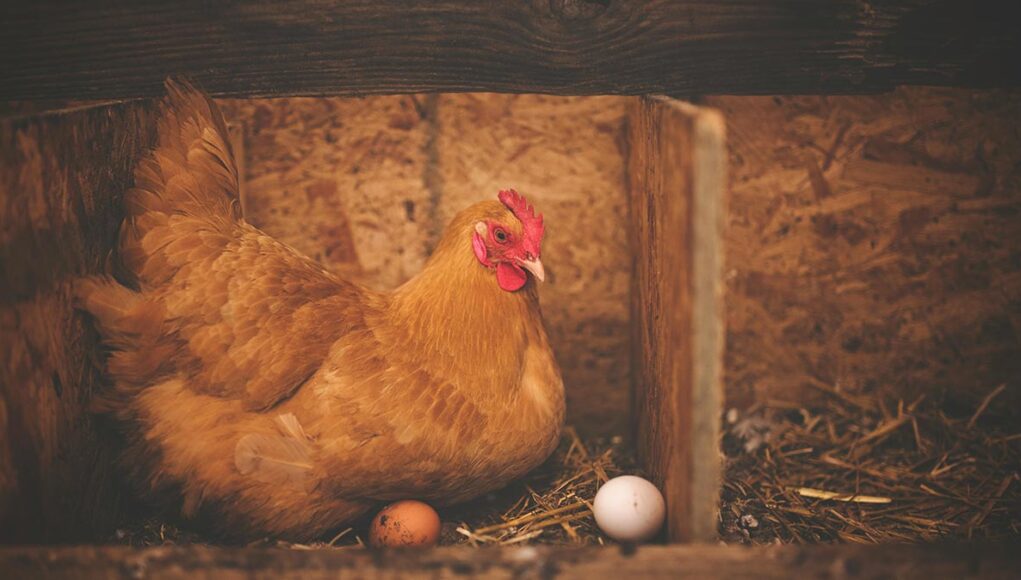Raising chickens at home has rapidly grown in popularity. Yet, it can be quite perplexing when your chicken not laying eggs but healthy becomes an unexpected puzzle. When your once productive hens stop laying eggs despite appearing healthy, the scenario can be frustrating. However, understanding the reasons behind it is crucial in ensuring their well-being and returning them to egg production.

Reasons Your Chicken May Not Be Laying Eggs
Chickens are fascinating creatures, and their egg-laying habits can be sensitive to various factors. Here’s a deep dive into the possible causes that explain the situation.
Age Matters
As hens age, their egg-laying capabilities naturally decline. Most chickens reach peak production in their early years and begin to slow down afterward. For more detailed insights on early productivity, check out our discussion on layer differences.
Feeding and Nutrition
A balanced diet is vital for consistent egg production. When the nutritional needs are unmet, your chickens may still look healthy but stop laying eggs. It’s essential to revisit dietary choices and consider adding recommended supplements to their diet.
Seasonal Factors
Egg production is often influenced by changes in daylight. Chickens typically need 14 to 16 hours of light each day to maintain peak laying. Consult our tips on winter egg-laying to ease this process.
Health and Behavior
Molting Period
Molting is a natural process where chickens shed old feathers and grow new ones. During this phase, egg production can come to a temporary halt, despite the chickens being healthy.
Stress Factors
Any environmental stressors, including sudden habitat changes or predator threats, can cause a drop in egg production. Providing a secure, stress-free environment is key.
Monitoring Chicken Health
Regular Health Checks
Even when chickens seem healthy, regular health evaluations play an essential role in ensuring their productivity. Keeping a close eye on their behavior and physical appearance can help detect subtle changes.
Consulting Veterinarians
If unusual behavior continues, seeking advice from a veterinarian can provide specific insights and tailored advice.
Resourceful Management Practices
Effective Coop Management
Ensuring the living conditions of your chickens are optimal can greatly influence their laying patterns. Learn more about choosing the best breeds for newer chicken keepers.
Handling Excessive Eggs
When eggs are plentiful again, it’s beneficial to have plans for surplus. Learn creative solutions to egg abundance via this external resource.
Frequently Asked Questions
Why are my chickens not laying eggs despite looking healthy?
Several factors, such as age, diet, light exposure, stress, and molting, can impact egg production without affecting a chicken’s visible health.
What should I feed my chickens to help them lay eggs?
A diet enriched with calcium, proteins, and vitamins, supplemented with purpose-driven products, can be beneficial.
How do seasonal changes affect egg production?
Decreased daylight during certain seasons can reduce egg production. Extending light exposure can help counter this effect.

Conclusion
When you encounter a situation where your chicken not laying eggs but healthy, understanding the underlying reasons is essential. By evaluating their age, nutrition, and stressors, and taking appropriate actions, you can support your chickens’ natural laying cycles. With attentive care and the right resources, egg production can be restored.
This article contains affiliate links. We may earn a commission at no extra cost to you.










